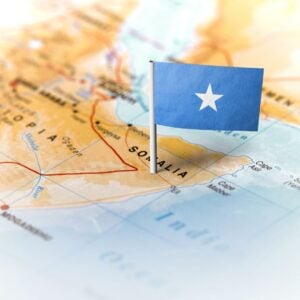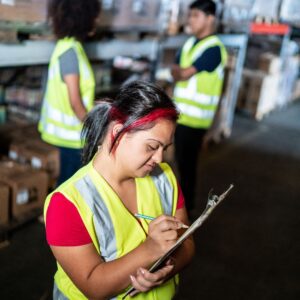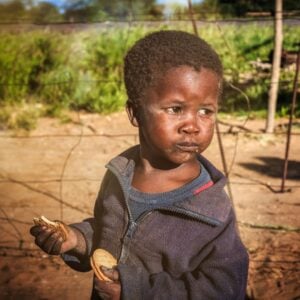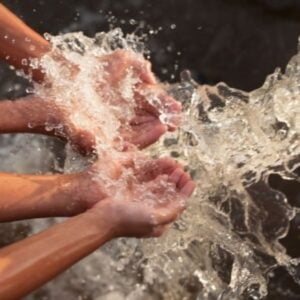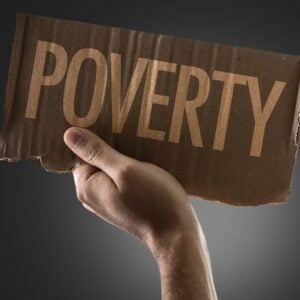In the coffee-growing highlands of Lempira and Comayagua, Honduras, communities are embracing a new approach that places occupational health and safety (OHS) at the center of efforts to eliminate child labour. For decades, economic hardship and hazardous working conditions have forced many families to make the difficult choice between sending their children to work or risking hunger. By improving workplace safety and ensuring stable incomes, local actors are now reducing the economic pressures that drive children out of school and into farms.
From 23 to 26 September, the International Labour Organization (ILO), through the CLEAR Supply Chains project, convened 69 agronomists, producers, suppliers, and social compliance officers for a workshop on improving safety, health, and working conditions in agriculture. Participants represented a wide cross-section of the coffee supply chain, including cooperatives, exporters, private companies, employers’ organizations, and government institutions. The workshop aimed to empower these actors to identify risks and implement practical, low-cost solutions using resources available within their communities.
Central to the workshop was the WIND (Workplace Improvement in Neighbourhood Development) methodology, a participatory tool developed by the ILO. WIND encourages communities to analyse their own work environments, share experiences, and propose concrete improvements. Practical measures, such as safer fuel storage and proper use of protective equipment, help ensure that adults work in safe conditions, reducing the likelihood that children will be sent to work.
Participants reported a shift in mindset, recognizing that accidents are not inevitable and that small, practical changes can improve workplace safety while protecting children’s futures. Hands-on sessions at local cooperatives allowed participants to implement new safety measures and reinforce a culture of prevention. The workshop also highlighted the role of women, who were strongly represented and engaged in discussions throughout the event.
The CLEAR Supply Chains project is part of a broader global effort to eliminate child labour in supply chains by strengthening the capacities of workers’ organizations, employers, cooperatives, and small producers. The involvement of private sector leaders such as Nestlé and Tchibo underscores the growing recognition that preventing child labour is both a social responsibility and a business imperative. Investing in occupational safety and health improves productivity and safeguards workers while directly reducing the economic need to involve children in work.
As Honduras’ coffee harvest approaches, lessons from Lempira and Comayagua are spreading across the region. The ILO and its partners remain committed to supporting these communities, working toward a future where every child can attend school, grow, and thrive in a safe and healthy environment.
